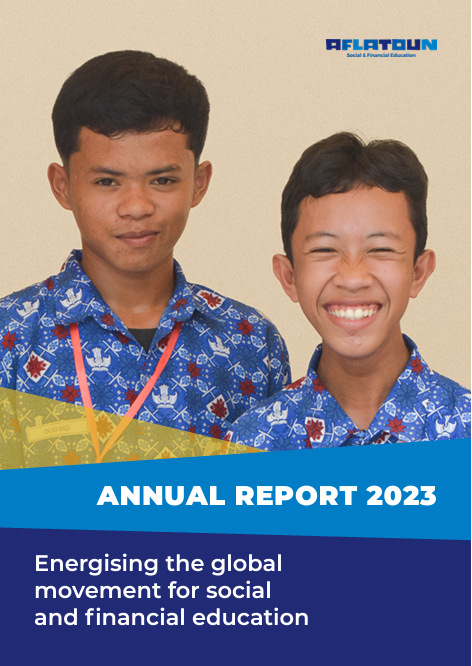Teach for Cambodia (TFC) is a local non-profit in Cambodia in 2015 and facilitators started implementing their work in public schools in 2018. Following their vision to unleash the potential of the country’s youth, their mission is to work in partnership with other like-minded entities to create positive change in Cambodian public education through capacity building and teacher leadership training, so they become agents of change and influence the transformation of education at the national level.
To achieve their goal, TFC recruits outstanding recent university graduates, active teachers, and young professionals across diverse academic disciplines and career interests to commit to facilitating two-year programmes in public schools, where the support is most needed. In this process, the team of TFC encourages and supports these fellows to become long-term agents of change, who will work in Cambodian schools and the broader education sector to address education inequity.
Our Partnership
Teach for Cambodia became our partner in 2020. The partnership arose from a mutual interest to jointly uplift positive, substantial change in school curricula and ever since, as students, as well as local teachers, enjoy the material, our partnership continues to inspire open, flexible channels of communication to ensure quality education and the contextualisation of resources.
“We appreciate the technical support and input you provide on localisation and monitory and evaluation, and your openness to making connections and sharing resources”
Given that half of Cambodia’s population is below the age of 25, it is crucially important for Cambodia to prioritise investment in its youth. This is why TFC implements, among various other strategies, our Aflateen programmes. While young individuals in Cambodia are already engaged in economic activities, they face a significant gap in fundamental financial education. This lack of financial literacy poses a threat to economically disadvantaged youth, as it increases their vulnerability to making decisions that may lead to debt and prolonged poverty.












